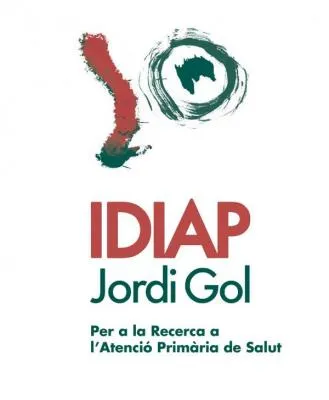A new research project, carried out in nine Primary Care Centers (CAP), will try to evaluate the effectiveness of a new method to get patients with type 2 diabetes mellitus to remain better and do not abandon treatment and also reduce therapeutic inertia.
The research project, called Integra, is led by the Diabetes Group of the Research Institute in Primary Care (IDIAP) Jordi Gol, with the support of the Catalan Health Institute (ICS) and investigates a comprehensive intervention in patients with bad controlGlycemic of type 2 diabetes in the field of primary care.
Type 1 diabetes mellitus is genetic, while type 2 diabetes mellitus develops from bad life habits, which entail obesity, sedentary lifestyle and fat consumption.
Project researchers have affirmed that optimal glycemia control "avoids future complications, improves the health and quality of life of patients and decreases the high assistance costs of diabetes and the complications they generate."
The chronic character of diabetes involves a progressive decrease in the motivation of patients who, as a consequence, affects the fulfillment of the treatment.
In this sense, recent studies of international scope show that the lack of therapeutic compliance with diabetic patients can reach 36 %, while the therapeutic inertia of health professionals is 40 %.
From this premise, the Integra project has been developed, which has a duration of 24 months and in which three primary care centers will participate in Lleida (Balaguer, Tàrrega and Mollerusa), three in Barcelona (Sant Martí, Raval Nord,The Clot) and three in Girona (Can Gibert, Salt, Sant Feliu de Guíxols).
Each center will include approximately 100 patients with type 2 diabetes have a "very poor" glycemic control.
In each province, a center will be the control group, where the usual monitoring of patients with diabetes will be carried out.
In another CAP, the intervention group 1 will be established, where the consultation will be carried out by primary care professionals experts in the management of diabetes that will perform a complete and individualized evaluation and offer the patient a therapeutic plan and healthy life recommendations.
In addition, these professionals will have the support of endocrinologists, will follow the reference guides of the ICS and will have received training to advise and support patients with chronic diseases.
On the other hand, patients will receive text messages through the mobile phone regularly.
Finally, in the third center the attention will be similar, although without offering the patient a monographic consultation and, therefore, the recommendations to the patients will focus exclusively on lifestyles.


